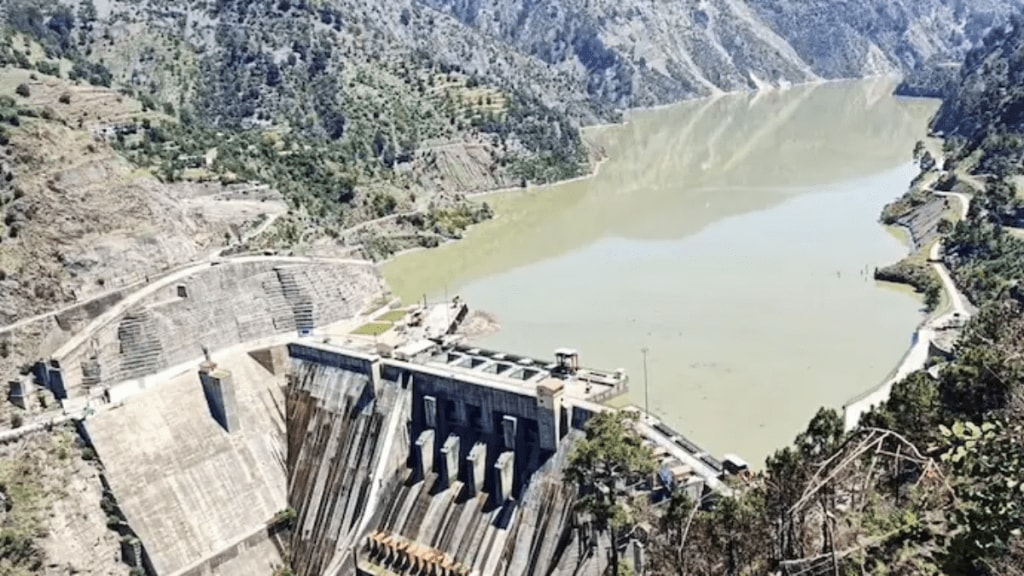India has alerted Pakistan about a potential flood in the Tawi River, a media report said on Monday. This marks the first such communication between the two countries following the suspension of the Indus Waters Treaty (IWT) after the Pahalgam terror attack in May this year.
According to reports, Pakistani authorities subsequently issued warnings based on the Indian input. The Indian High Commission in Islamabad conveyed the alert on Sunday, the agency added in its report.
There has been no official confirmation regarding the development by either India or Pakistan. Generally, such inputs are shared through the Indus Water Commissioner. The move is significant as it comes against the backdrop of strained ties and the suspension of routine water data sharing following the Pahalgam terror attack on April 22.
Indus Water Treaty
Since 1960, the Indus Waters Treaty, mediated by the World Bank, has regulated the sharing and utilisation of the Indus River and its tributaries between India and Pakistan. Under this agreement, India was granted control over the eastern rivers (Ravi, Beas, and Sutlej), while Pakistan gained rights to the western rivers (Indus, Jhelum, and Chenab).
This mechanism was put “in abeyance” after the Pahalgam attack, when India announced its relation measures against Pakistan. With the suspension, India stopped sharing water-level data from the Indus, Jhelum, and Chenab with its neighbour. This meant Pakistan lost access to early warnings it had previously relied on to issue timely evacuation advisories for people living in low-lying flood-prone areas.
Monsoon ravages Pakistan
Pakistan is already suffering from a devastating monsoon. According to the government, 788 deaths and over 1,000 injuries occurred between June 26 and August 20. The fatalities include 200 children, 117 women, and 471 men. The National Disaster Management Authority (NDMA) of Pakistan has warned of heavy rains across most parts of Pakistan until August 30.
On the other side of the border, India has also ramped up its disaster preparedness measures. Jammu and Kashmir Jal Shakti Minister Javed Ahmed Rana on Sunday directed officials to ensure round-the-clock monitoring of water levels across the Indus basin’s Jhelum, Ravi, and Tawi rivers and their tributaries. This step was crucial to ensure that we have an early warning system in place.
Authorities have further issued advisories urging residents to stay away from rising water bodies and landslide-prone areas. The India Meteorological Department has forecast moderate to intense rainfall, with the possibility of flash floods, cloudbursts and landslides in high-altitude areas until August 27.
(With input from PTI)


